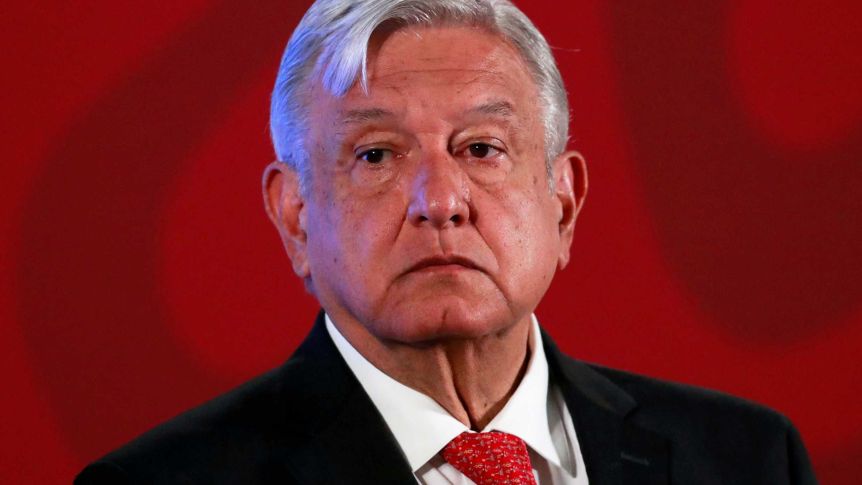MEXICO CITY, (Reuters) – Mexicans today vote on whether their president should stay in office, in an unprecedented referendum he argues is vital to confirm his democratic mandate but which the opposition casts as a costly distraction from the country’s real problems.
President Andres Manuel Lopez Obrador, a pugnacious leftist who has governed since December 2018, is the architect of the first so-called recall referendum in modern Mexico, and critics and supporters alike expect him to win easily.
The vote has fueled speculation it could open the door to extending presidential term limits in a country where the head of state is allowed to serve only a single six-year period.
Lopez Obrador denies he wants to extend his term, but he has used the referendum to fire up supporters and pan the opposition, many of whose leaders have encouraged Mexicans to ignore the vote as a propaganda exercise for the president.
Opinion polls suggest turnout is likely to fall short of the 40% threshold required to make the ballot binding, although Lopez Obrador has said he will respect the outcome regardless.
“If I don’t have the support of the people, I can’t continue governing,” he said of the vote earlier this year. “A ruler who does not have the support of the people is like a dry leaf. Moral authority is required to have political authority.”
The plebiscite is also a test of the president’s strength ahead of gubernatorial elections in June.
Lopez Obrador has fallen short of campaign pledges to bring down violent crime and lift the economy, unsettling investors by trying to renegotiate contracts issued by past governments and tightening state control of natural resources and energy.
But his successful roll-out of welfare programs and relentless daily depiction of a political narrative in which he stars as a morally upright defender of the poor against a corrupt, wealthy elite has helped buttress his popularity.
Many Mexicans still regard the folksy Lopez Obrador as a welcome departure from previous leaders often seen as aloof from the broader population in a society that remains highly unequal.
Costing millions of dollars and heavily publicized in the capital, the referendum will ask Mexicans if Lopez Obrador’s mandate should be revoked “due to loss of trust”, or whether he should conclude his term as scheduled on Sept. 30, 2024.
Two-thirds of Mexicans surveyed in a poll by newspaper El Financiero earlier this month said they wanted the president to stay in office. One third wanted him out.
“I want the president to finish his government,” said Andrea Miranda, a Mexico City bakery worker who voted for Lopez Obrador to become president in 2018. “It’s the first time we’ve had the chance to decide on this; you have to take advantage of it”.
Lopez Obrador has used referendums to pursue contentious policies, bringing about the cancellation of a partly-built Mexico City airport before he even took office with a vote in which only a tiny fraction of the public participated.
The president has accused the National Electoral Institute of trying to stymie the referendum, which it denies. He has indicated he will blame it if voting is tepid.
Lopez Obrador was elected by a landslide in 2018, winning more than 30 million votes, easily the biggest total in Mexican history. The closer the turnout gets to that number, the more successful the referendum will be deemed, analysts say.
Polls are open between 8 a.m. (1300 GMT) and 6 p.m. local time (2300 GMT). Electoral authorities are due to publish a preliminary estimate of the result that evening.

